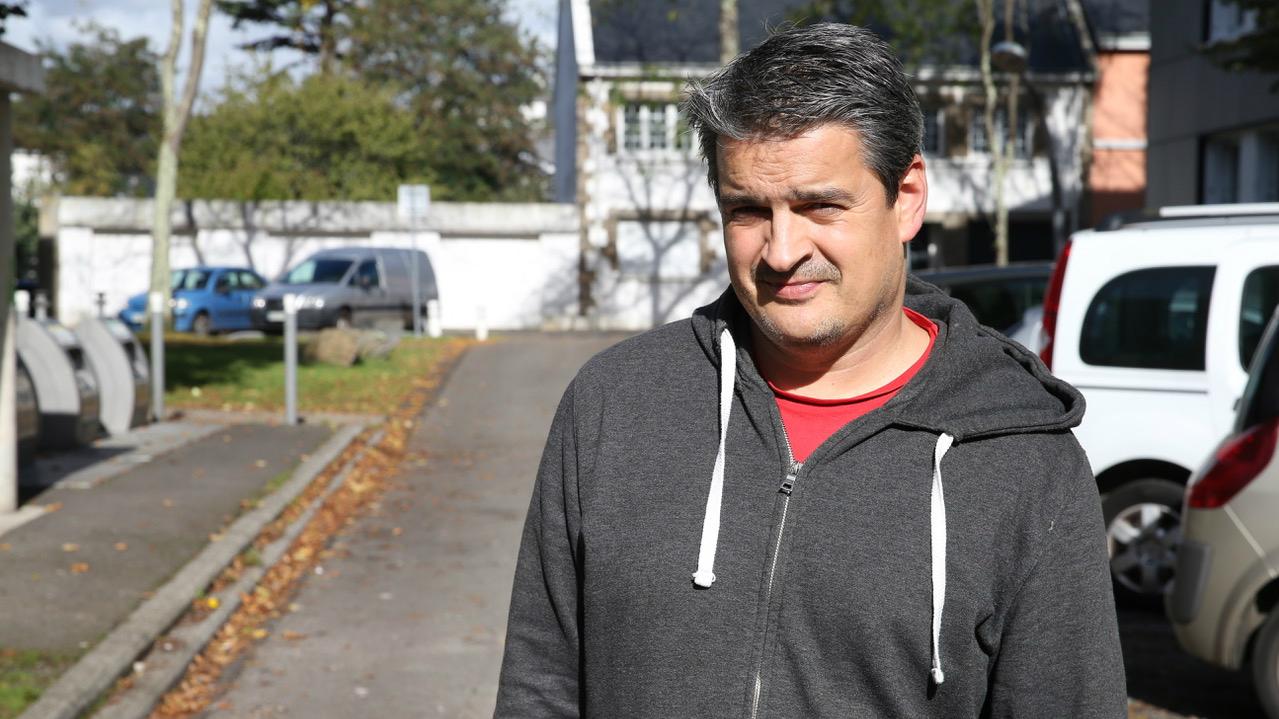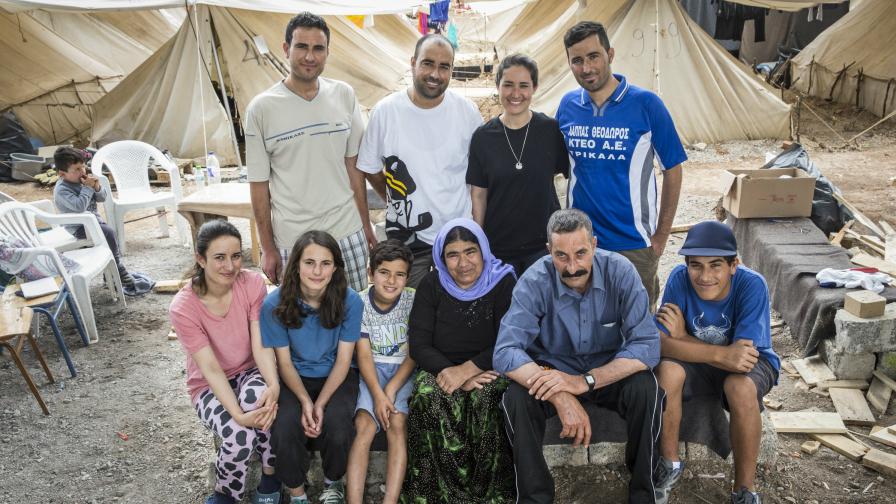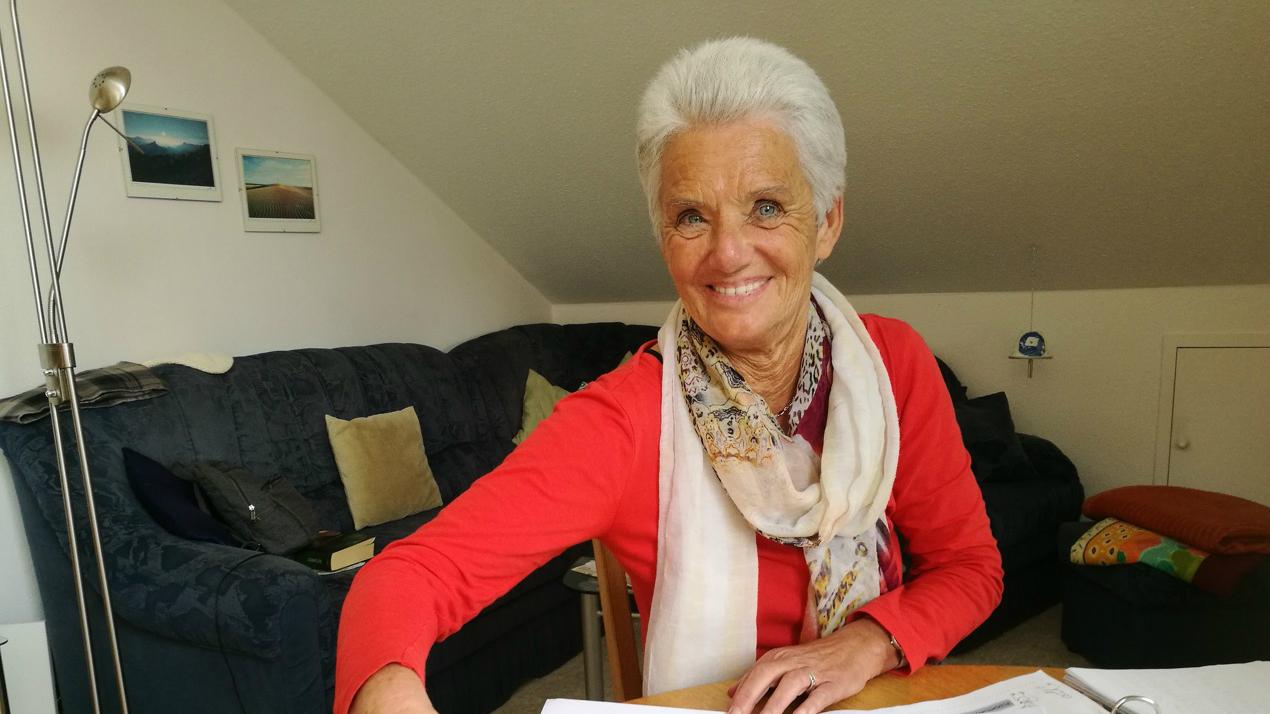Jeanne Carstensen
Jeanne Carstensen is a San Francisco-based writer and editor.
Jeanne Carstensen is an award-winning journalist whose work has appeared in The New York Times, "Foreign Policy," The World, "The Nation, Salon," "Nautilus," and The Global Post, among other outlets. She covered the Syrian refugee crisis in Greece, Turkey and Europe with support from the Pulitzer Center and was short-listed for the Immigration Journalism Awards. Carstensen has been awarded fellowships at the Logan Nonfiction Program, National Arts Journalism Program at Columbia University, and Mesa Refuge, where she was the Peter Barnes Long-form Journalism honoree. Previously, she was managing editor of Salon and The Bay Citizen, which produced the Bay Area pages of The New York Times. Born in Portland, Oregon, Carstensen has lived in France, Greece and Costa Rica, where she was a shortwave radio producer and translator. She lives in San Francisco.Her book, "A Greek Tragedy: Twenty-Four Hours, a Deadly Shipwreck, and the Human Cost of the Refugee Crisis," will be published by Atria/One Signal Publishers in 2024.Photo by Marissa Leshnov.
For Yazidis in Greece, safety and security are still out of reach
Persecuted by ISIS, chased out of Iraq, the Yazidis have suffered a lot. And that was before they got to Greece, where other refugees, mostly Muslims, are still persecuting them.Persecuted by ISIS, chased out of Iraq, the Yazidis have suffered a lot. And that was before they got to Greece, where other refugees, mostly Muslims, are still persecuting them.


